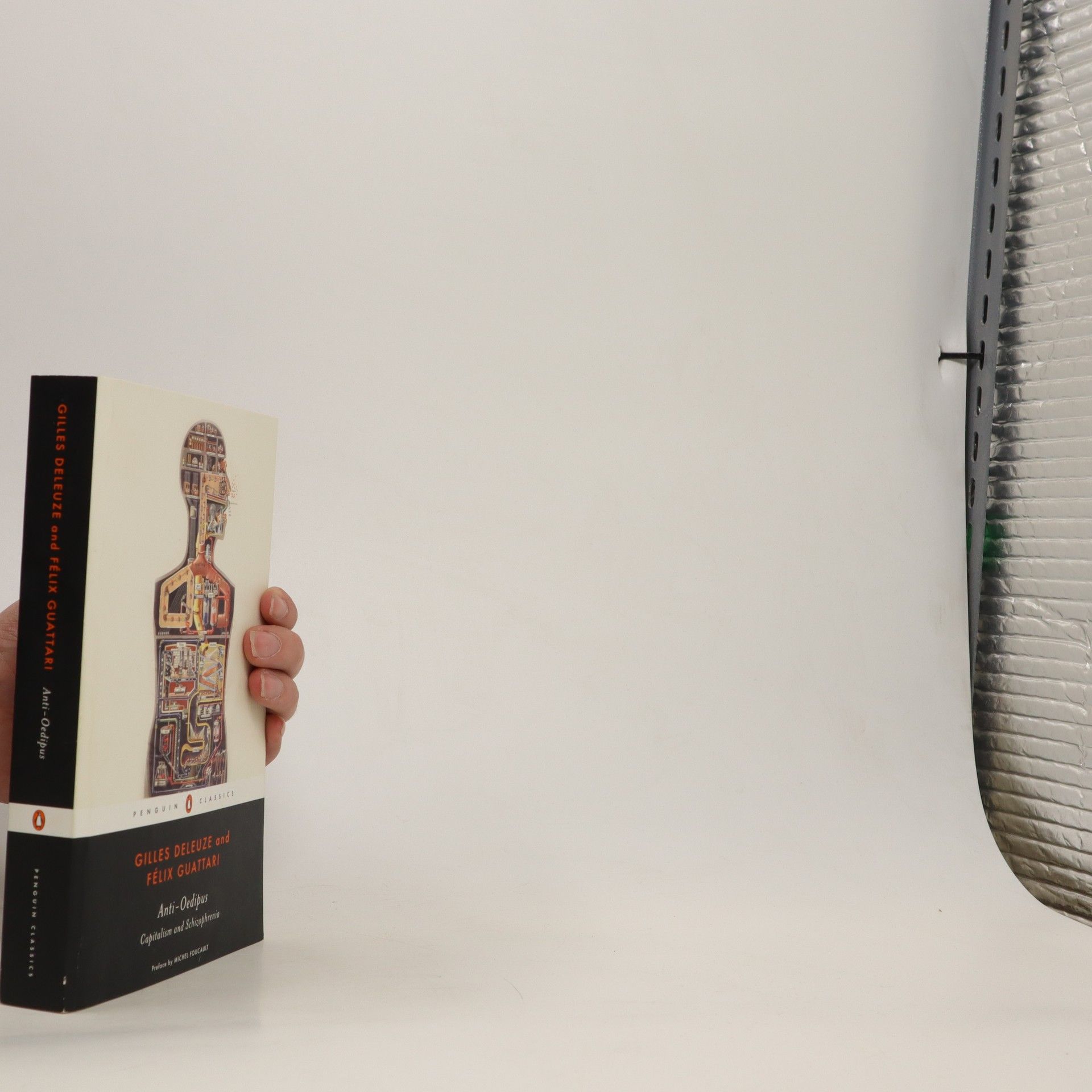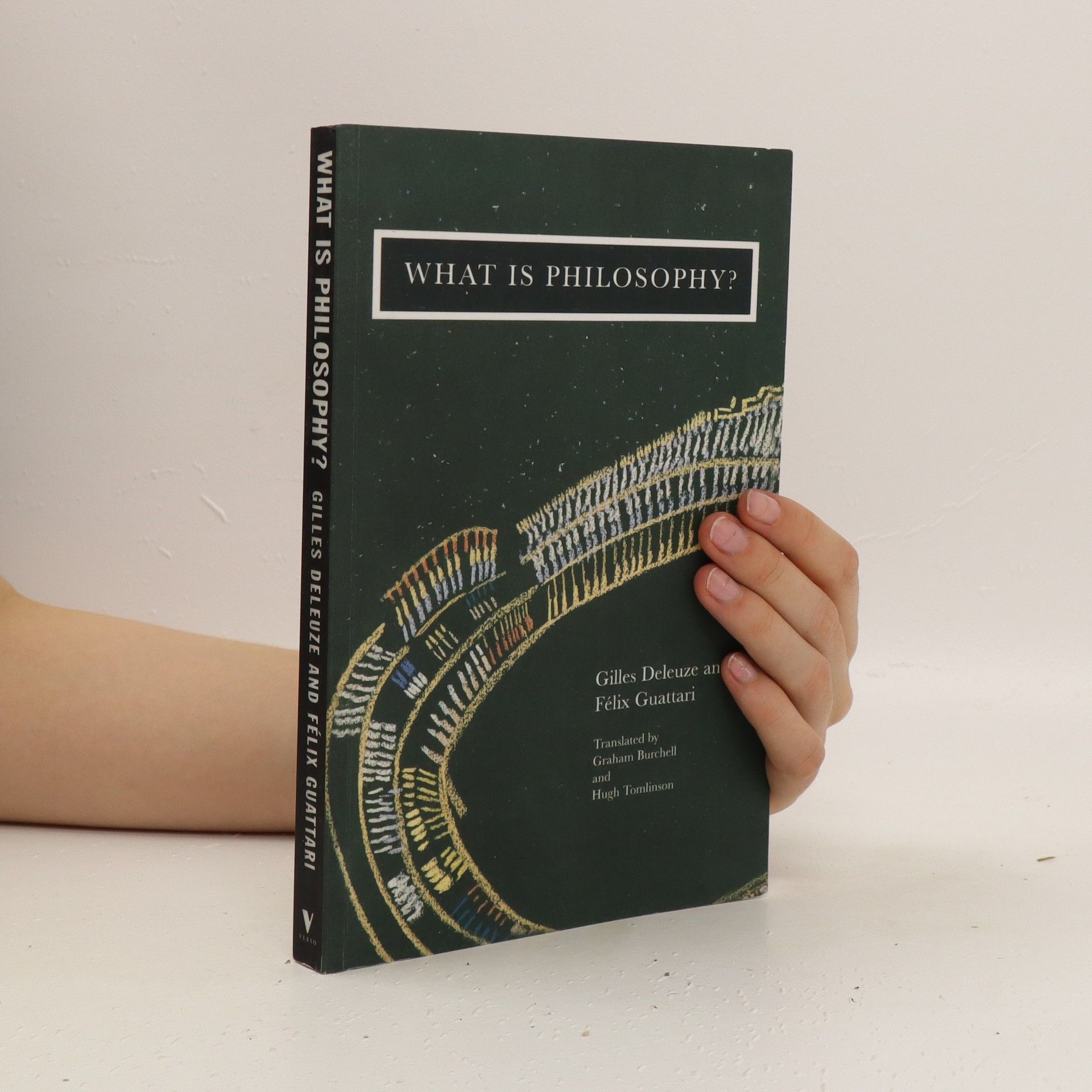A thousand plateaus : capitalism and schizophrenia
- 720 pages
- 26 hours of reading
A Thousand Plateaus is the second part of Deleuze and Guattari's landmark philosophical project, Capitalism and Schizophrenia - a project that still sets the terms of contemporary philosophical debate. Written over a seven year period, A Thousand Plateaus provides a compelling analysis of social phenomena and offers fresh alternatives for thinking about philosophy and culture. Its radical perspective provides a toolbox for 'nomadic thought' and has had a galvanizing influence on today's anti-capitalist movement.





